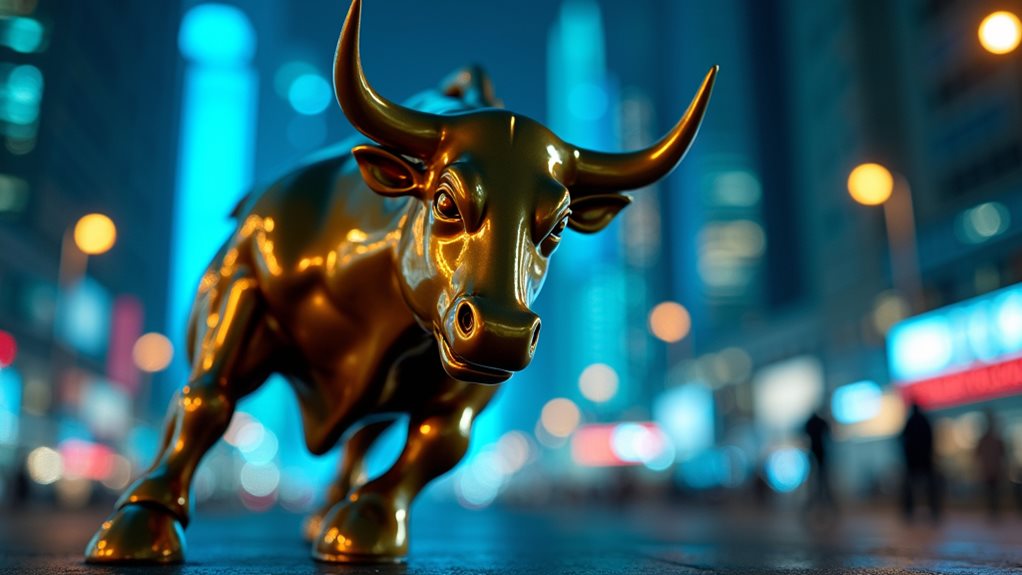Ukraine isn’t messing around with its financial future. The war-torn nation is drafting bold legislation to add Bitcoin to its national reserves by 2025, partnering with crypto exchange Binance to make it happen. Member Yaroslav Zhelezniak is spearheading the initiative, which includes extensive frameworks for digital assets and exchange regulations. Having already received over $100 million in crypto donations since the war began, Ukraine’s pioneering move could reshape how countries view cryptocurrency as a legitimate reserve asset.

While most European nations cling to their traditional financial playbooks, Ukraine is making a bold leap into crypto territory. The country is drafting groundbreaking legislation to officially hold Bitcoin in its national reserves – a first for any European nation. Talk about zigging while others zag.
In a daring financial pivot, Ukraine breaks from European tradition to become the continent’s first nation embracing Bitcoin as official reserves.
This isn’t just some bureaucratic pipe dream. Ukraine has partnered with crypto heavyweight Binance to make it happen. The exchange giant isn’t just lending its name – they’re rolling up their sleeves to help with everything from legal frameworks to infrastructure setup. They’ve done this dance before, advising other nations on crypto reserve models. But Ukraine? They’re going all in. Under the guidance of Member Yaroslav Zhelezniak, the initiative is rapidly taking shape through comprehensive draft legislation.
The timing couldn’t be more significant. After witnessing how crypto donations became a lifeline during wartime, Ukraine’s financial strategists aren’t just thinking outside the box – they’re basically throwing the box away. The crypto donations have already exceeded $100 million since the war began. The proposed legislation aims to categorize digital assets, establish clear rules for exchanges, and lay down tax guidelines. Similar to the Bank of America approach, Ukraine is positioning itself at the forefront of crypto payment services. No more gray areas. No more maybes.
By 2025, if all goes according to plan, Ukraine’s central bank will have the green light to acquire, store, and manage Bitcoin as part of its national reserves. It’s not just about being trendy – it’s about survival and adaptation. The government sees this as a way to diversify assets, attract global investment, and position Ukraine as Europe’s digital asset pioneer. Who saw that coming?
The infrastructure requirements are massive. We’re talking about complete institutional overhauls, new security protocols, and rigorous compliance checks. But Ukraine isn’t backing down. With Binance’s technical support and regulatory expertise, they’re building something unprecedented. The central bank will oversee operations, ensuring transparency and proper management of these digital reserves.
It’s a gutsy move, especially considering the traditional banking world’s usual skepticism toward crypto. But Ukraine’s not waiting for permission slips from financial incumbents. They’re writing their own rules, charting their own course. Whether it works or fails spectacularly – well, that’s tomorrow’s headline.









